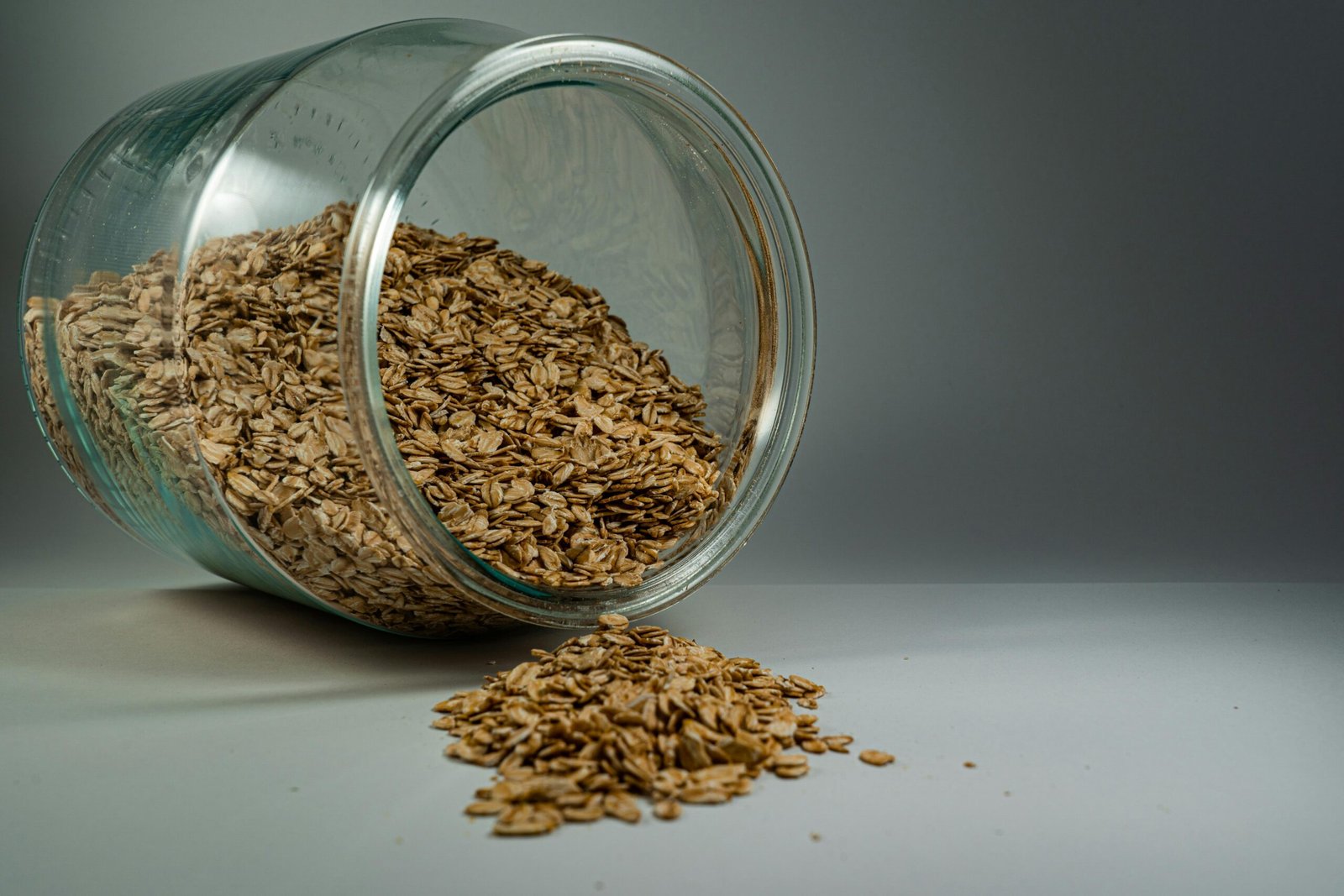Beat Stress-Induced Stomach Issues with These Expert Tips
The Gut-Stress Connection: Understanding and Managing Stress-Induced Stomach Issues
The Gut-Stress Connection: Understanding and Managing Stress-Induced Stomach IssuesHave you ever felt butterflies in your stomach before a big presentation? Or experienced an upset tummy during a stressful period? You’re not alone. The link between stress and digestive issues is well-established, and many people experience stomachaches and diarrhea when under pressure. In this article, we’ll explore how stress affects your gut and provide practical tips to manage these symptoms.
How Stress Impacts Your Digestive System
Stress is your body’s natural response to challenging situations. However, when stress becomes chronic, it can wreak havoc on your digestive system. Here’s how:
- Hormone imbalance: Stress triggers the release of hormones like cortisol and adrenaline. These hormones can disrupt your digestive processes, leading to stomach discomfort.
- Increased gut sensitivity: Stress can make your gut more sensitive to normal digestive activities, causing pain or discomfort.
- Altered gut motility: Stress can speed up or slow down the movement of food through your digestive tract, potentially leading to diarrhea or constipation.
- Weakened immune system: Chronic stress can weaken your immune system, making you more susceptible to gut infections that cause stomach upset.
Early Symptoms of Stress-Related Stomach Issues
Recognizing the early signs of stress-induced digestive problems can help you take action sooner. Look out for these symptoms:
- Frequent stomachaches or cramps
- Changes in bowel habits (diarrhea or constipation)
- Nausea or loss of appetite
- Bloating or gas
- Acid reflux or heartburn
If you notice these symptoms persisting or worsening, it’s essential to address the underlying stress and seek medical advice if necessary.
Effective Stress Management Techniques
Managing stress is key to alleviating stress-related stomach issues. Here are some proven techniques to
help you cope:
- Deep breathing exercises: Take slow, deep breaths to activate your body’s relaxation response. This can help calm your nervous system and ease digestive discomfort.
- Mindfulness meditation: Regular meditation can reduce stress and anxiety, potentially improving gut health. Start with just a few minutes a day and gradually increase the duration.
- Physical activity: Exercise releases endorphins, which are natural stress-fighters. Aim for at least 30 minutes of moderate exercise most days of the week.
- Healthy sleep habits: Prioritize getting 7-9 hours of quality sleep each night. Good sleep hygiene can significantly reduce stress levels.
- Time management: Organize your tasks and prioritize your commitments to reduce feelings of overwhelm.
- Social support: Connect with friends, family, or a support group. Talking about your stress can help alleviate it.
For more information on stress management techniques, check out our article on effective relaxation methods.
Dietary Changes to Soothe Stress-Induced Stomach Issues
In addition to stress management, certain dietary changes can help alleviate stomach discomfort:
- Stay hydrated: Drink plenty of water throughout the day, especially if you’re experiencing diarrhea.
- Eat smaller, more frequent meals: This can help reduce the burden on your digestive system.
- Choose easily digestible foods: Opt for bland, low-fat foods like bananas, rice, toast, and applesauce when your stomach is upset.
- Limit caffeine and alcohol: These can irritate your stomach and worsen anxiety symptoms.
- Consider probiotics: These beneficial bacteria can support gut health and may help reduce stress-related digestive issues.
When to Seek Medical Help
While stress-induced stomach problems are common, persistent or severe symptoms may indicate a more serious condition. Consult a healthcare professional if you experience:
- Severe abdominal pain
- Blood in your stool
- Unexplained weight loss
- Persistent diarrhea or vomiting
- Symptoms that interfere with daily life
Remember, your mental health is closely tied to your physical well-being. If you’re struggling with chronic stress, anxiety, or depression, don’t hesitate to reach out to a mental health professional for support.By implementing these stress management techniques and making mindful dietary choices, you can take control of your stress-related stomach issues and improve your overall well-being. Remember, healing takes time, so be patient and kind to yourself as you work towards better gut health.
Disclaimer: This article is for informational purposes only and does not constitute medical advice. Always consult with a healthcare professional for personalized medical guidance, especially if you have persistent or severe symptoms.

Content sources: Information in this article is based on reputable health websites such as Mayo Clinic, Harvard Health Publishing, and the National Institute of Mental Health, as well as peer-reviewed studies on the gut-brain connection.




















